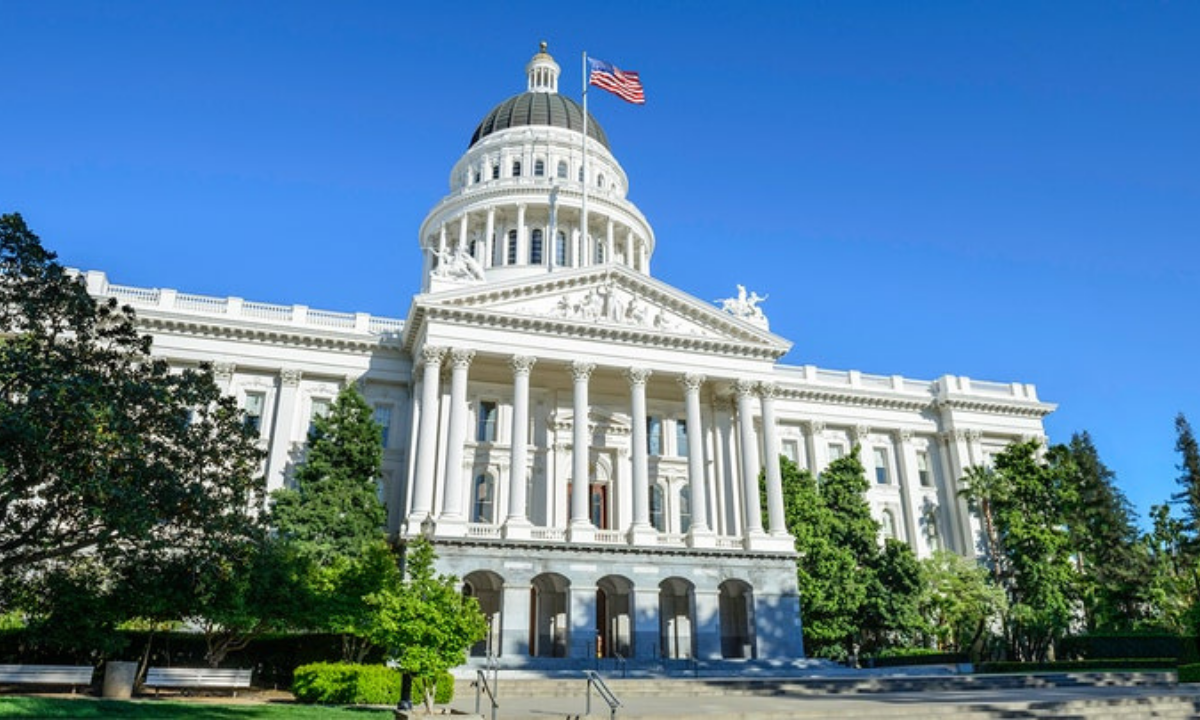The original story can be read here.
They’ve been back for nearly a month, so it’s time for California lawmakers to deliver on some of their campaign promises. That means the legislative session is starting to pick up steam.
Let’s get to the highlights from a busy Monday at the state Capitol (warning: prepare for quite a bit of déjà vu):
Public safety: Republican legislators unveiled a package of bills — acknowledging the recent mass shootings in Monterey Park and Half Moon Bay, as well as the deaths of two officers in Riverside County — but also bringing back some prior ideas.
The Assembly GOP caucus proposals include:
– Assembly Bill 328, by Riverside-area Assemblymember Bill Essayli, would reinstate the 10 or 20 years-to-life mandatory sentencing enhancement for using a firearm in the course of a violent crime
– AB 335 by Modesto-area Assemblymember Juan Alanis, would repeal Proposition 47, approved by voters in 2014 to reduce some theft and drug possession offenses from felonies to misdemeanors.
– AB 27, by Orange County Assemblymember Tri Ta would prevent courts from reducing sentences for those charged with felonies with a firearm.
– AB 75 by Assemblymember Josh Hoover, from Folsom re-ups an effort to increase penalties for serial theft offenses.
– AB 88 by Murrieta Assemblymember Kate Sanchez, would require district attorneys to notify crime victims of parole hearings.
– Granite Bay Assemblymember Joe Patterson proposed requiring more transparency into when and why inmates are being released early.
- Essayli: “We don’t need more gun control. We need crime control.”
While Assembly Republican leader James Gallagher of Chico said he believes there will be “bipartisan support for these reasonable reforms,” some GOP lawmakers acknowledged the reality that many of these bills won’t pass, noting that similar bills introduced by Democrats had failed, too.
Climate change: Democratic Sens. Scott Wiener of San Francisco, Lena Gonzales of Long Beach and Henry Stern from Calabasas introduced, or rather reintroduced, a package of bills.
Wiener put forward SB 253, the Climate Corporate Data Accountability Act — a bill that failed last year to require corporations with more than $1 billion in revenue that operate in California to publicly disclose their greenhouse gas emissions. He said the bill would make corporations “a heck of a lot more interested in buying clean energy.”
- Wiener: “It gives large corporations two options: disclose your emissions publicly or stop doing business in California — and they won’t choose the latter.”
Gonzalez introduced SB 252, a proposal that was also blocked last year and that seeks to force the state’s public pension funds to divest from fossil fuels. Stern introduced SB 261, another measure that also failed last year. It requires companies that earn more than $500 million in revenue to prepare climate-related financial risk reports.
The climate efforts come in the midst of negotiations to cover a projected $22.5 billion budget deficit. Newsom has proposed cutting $6 billion from the $54 billion, five-year climate package he pushed through last year.
Wait, even more happened Monday:
Natural gas bills: The Senate Republican Caucus fired off a letter to the California Public Utilities Commission demanding it offer financial relief to families facing skyrocketing bills when it meets this week.
- “Californians are facing natural gas bills that are double and even triple their usual cost. These high gas bills add to the financial hardships Californian families are already facing, such as rising inflation and high cost of living.”
Media access: State Sen. Nancy Skinner, a Berkeley Democrat, introduced legislation to restore media access to California prisons and jails, as well as opening access to prisons for legislators and other state officials for effective oversight.
- Skinner: “California used to allow the news media much greater access to state prisons, enabling us to learn more about prison conditions. But for the past three decades, California prisons have been among the least transparent in the nation.”
The original story can be read here.
Photo Cred: IStock




